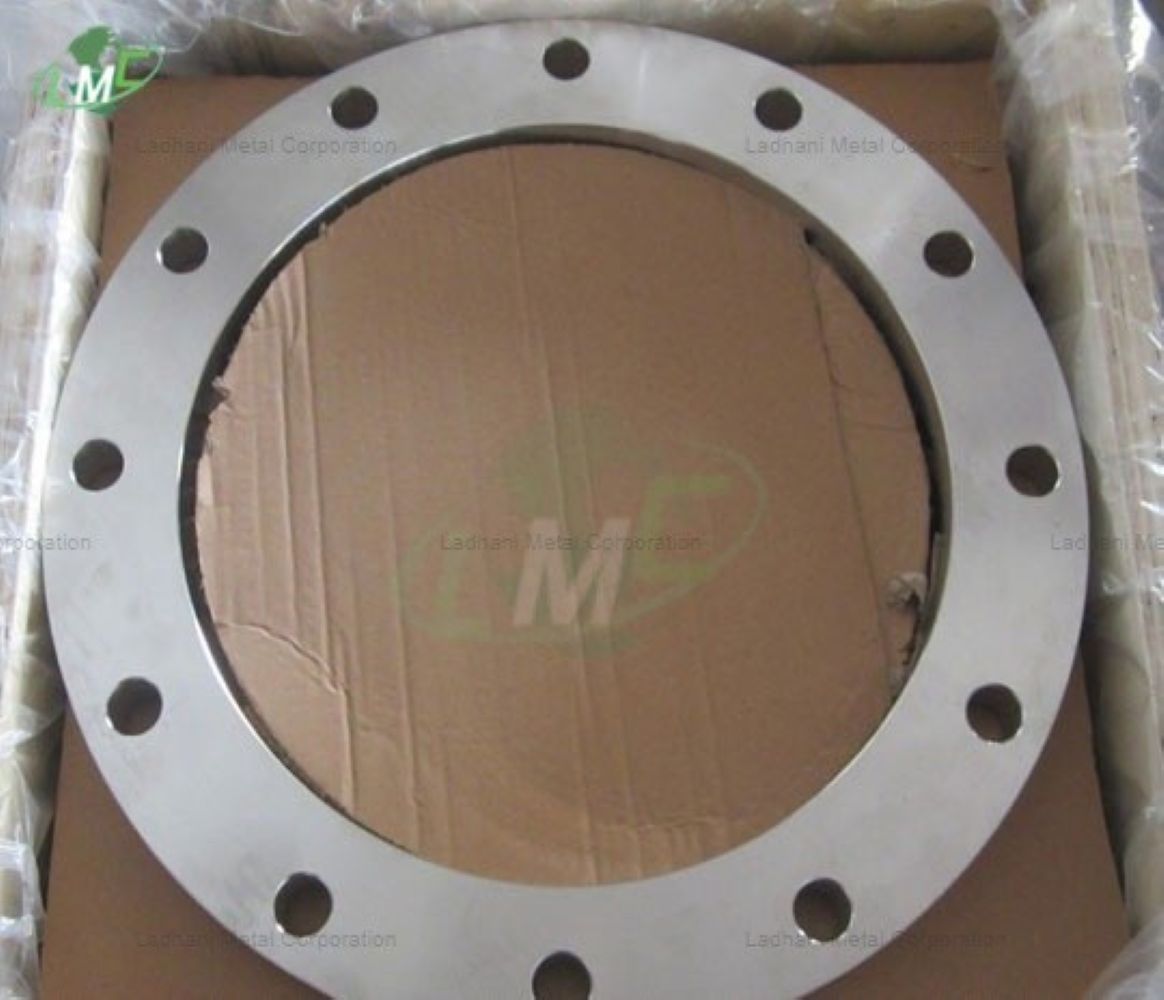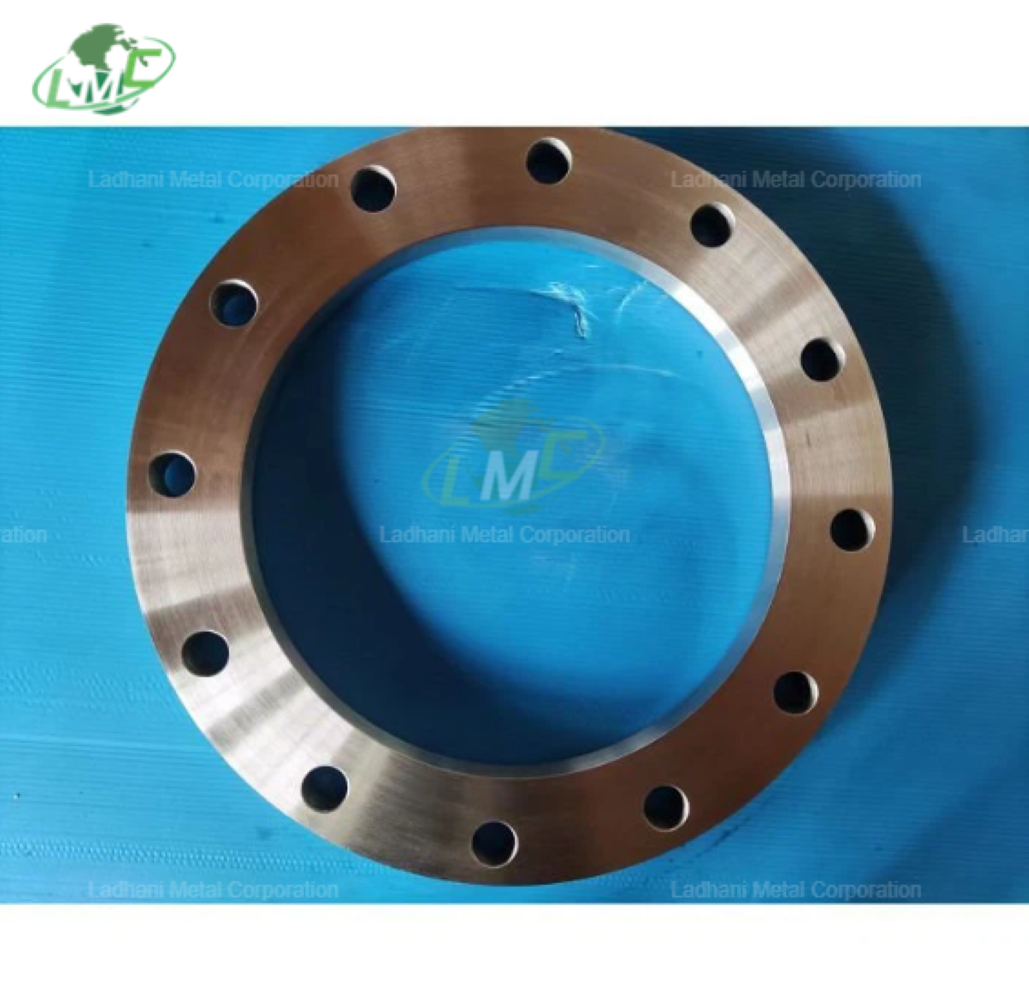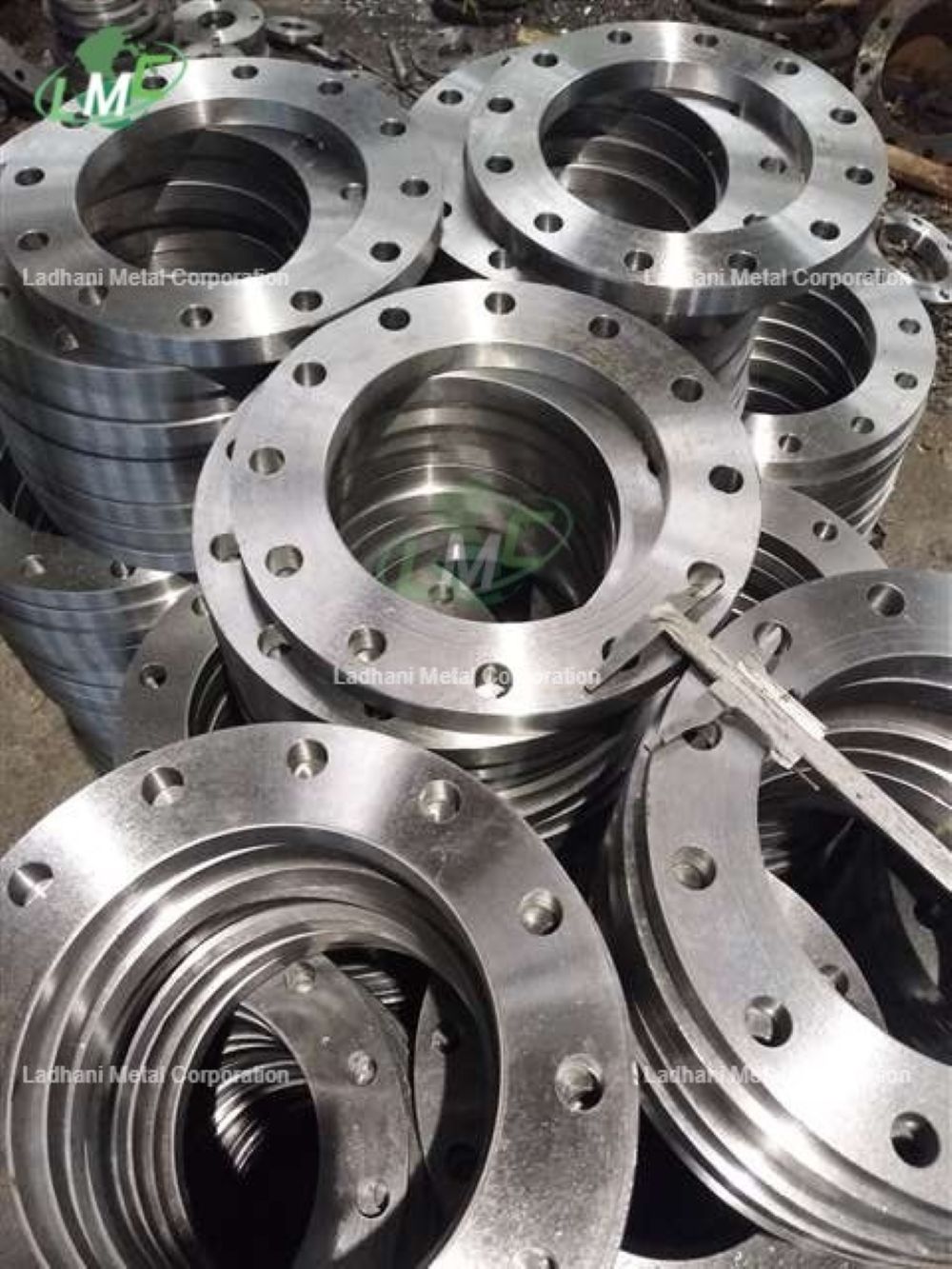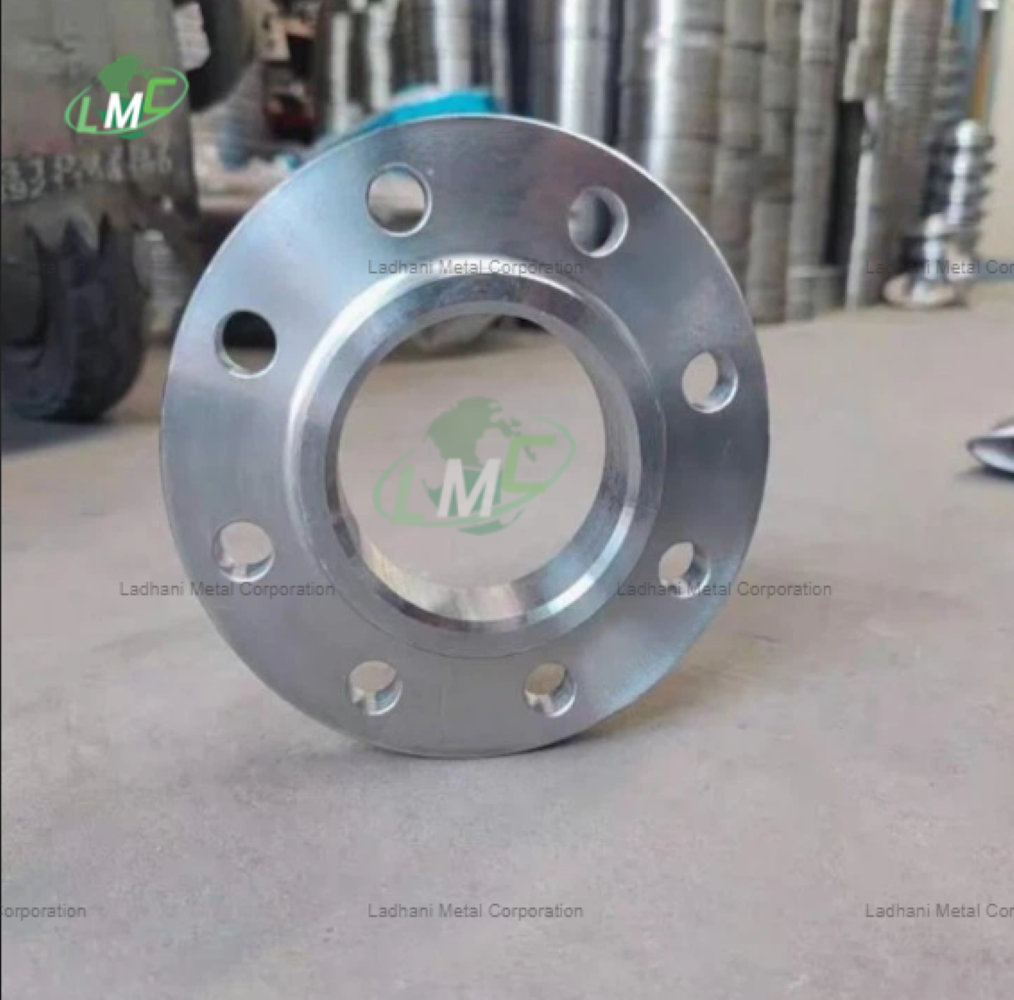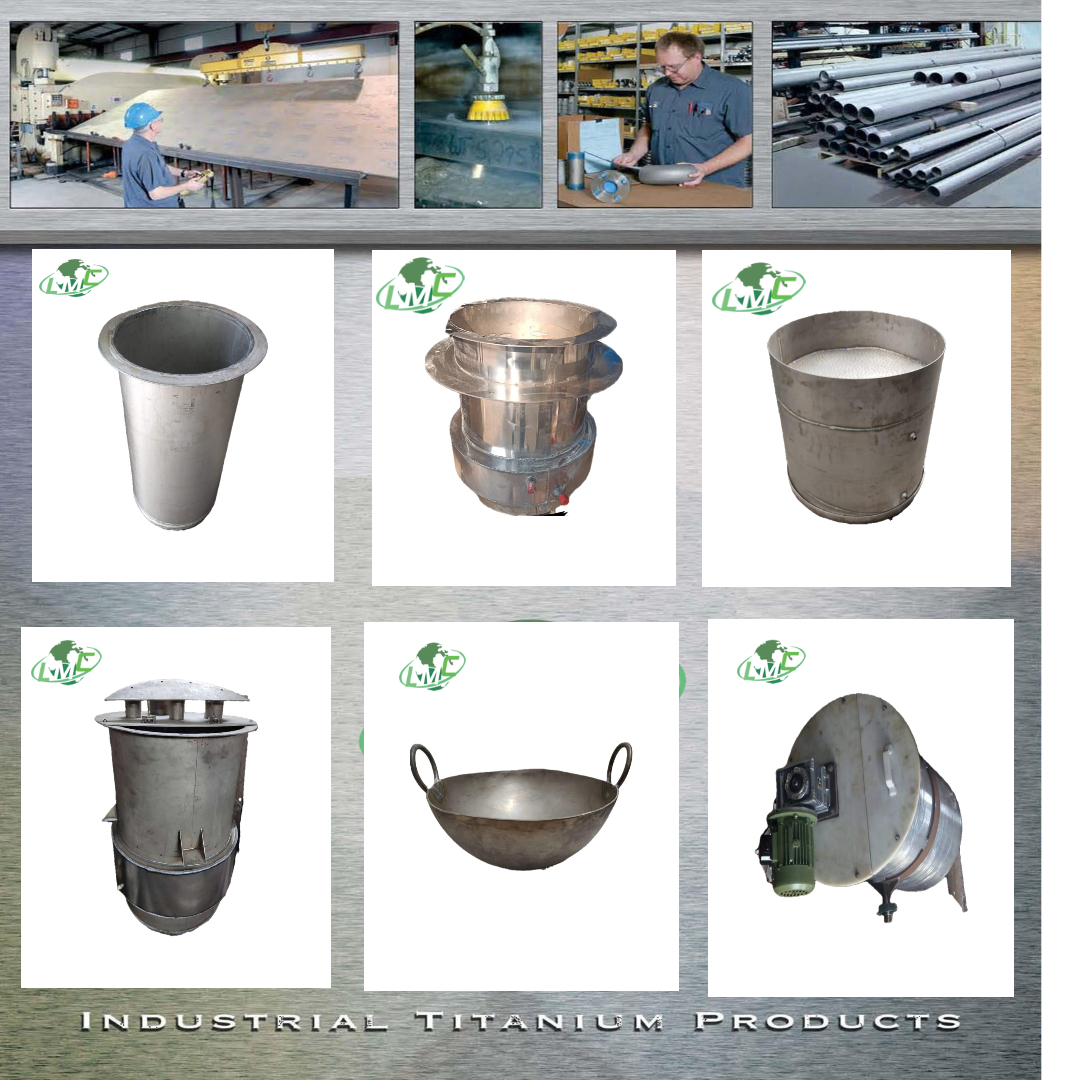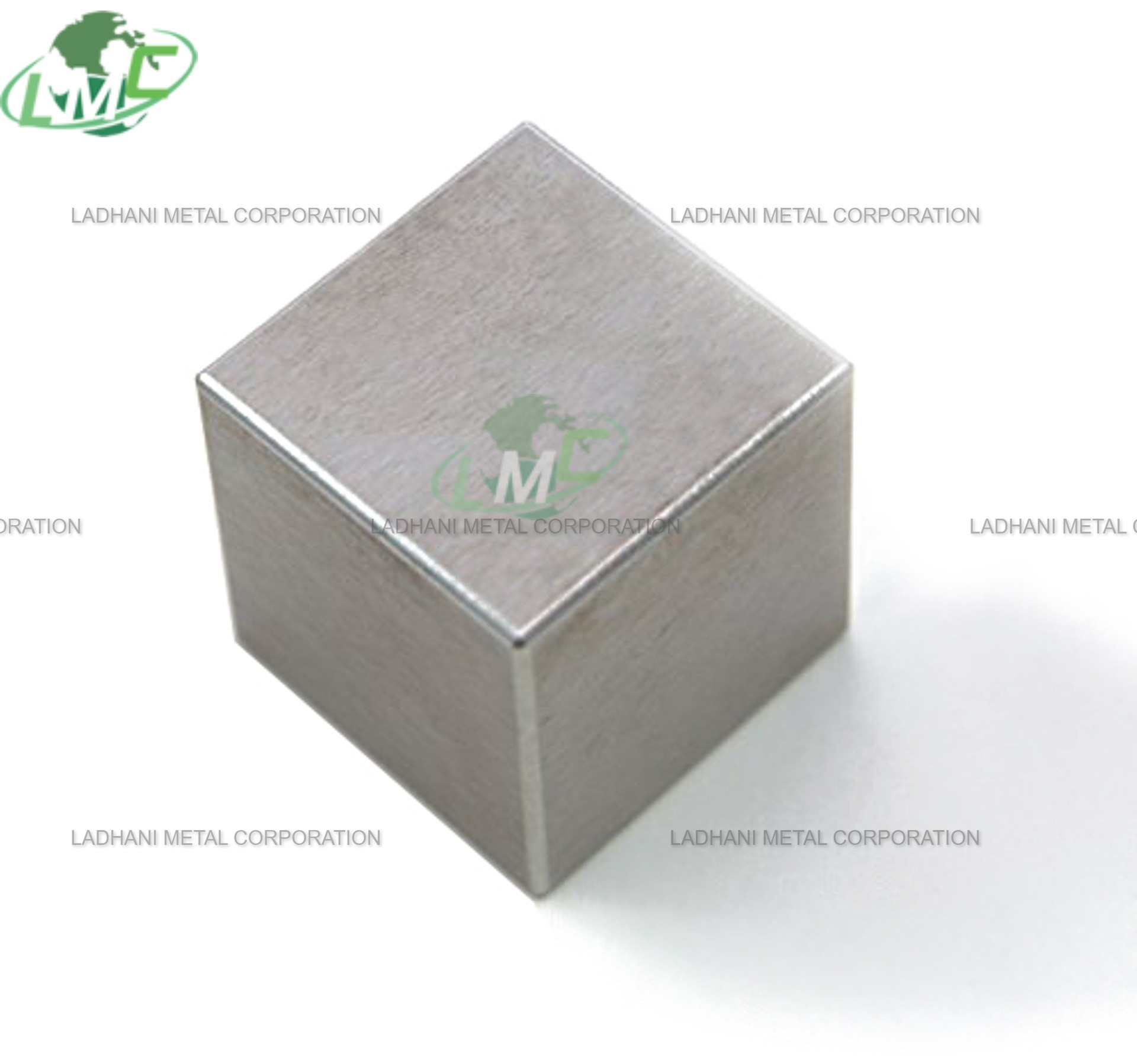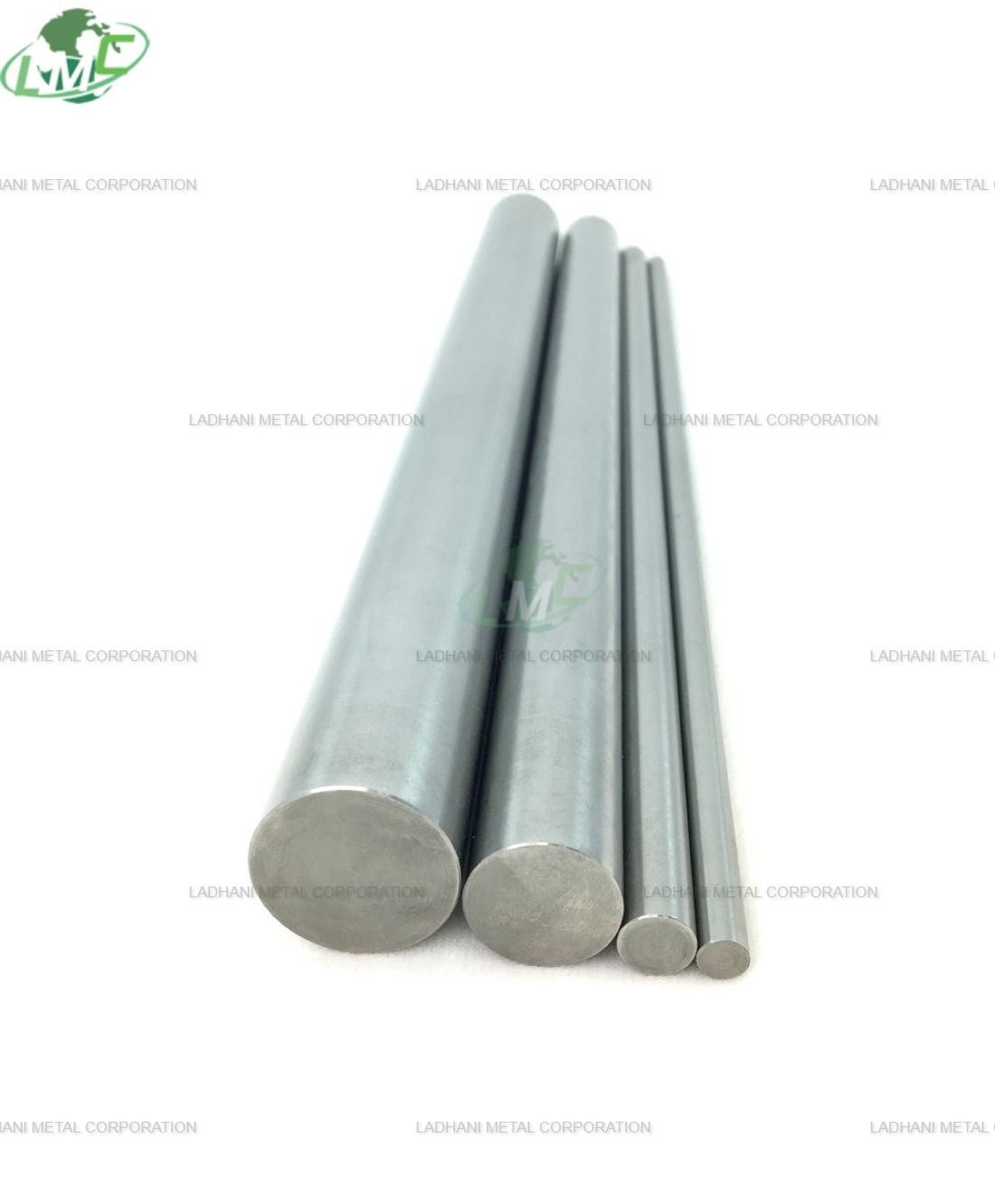DIN 2576 Stainless Steel Flanges PN 10 are high-quality, slip-on flanges manufactured from corrosion-resistant stainless steel, designed for use in low to medium-pressure piping systems. Produced according to the DIN 2576 standard, these flanges offer reliable sealing, ease of installation, and long-term durability in environments involving water, steam, air, oil, and chemical fluids. The slip-on design allows the flange to slide over the pipe and be welded into place, ensuring accurate alignment and structural integrity in a wide range of industrial applications. Ladhani Metal Corporation is a recognized manufacturer and global exporter of stainless steel flanges, delivering products that meet international quality, dimensional, and performance standards. DIN 2576 flanges provide excellent mechanical strength and corrosion resistance, making them ideal for use in chemical plants, water treatment systems, and general process industries. Pressure Rating: • PN 10 (10 bar / 145 psi): Designed for systems operating under low to moderate pressure, offering dependable performance in industrial fluid and gas transport. Flange Types: • Slip-On Flanges Designed to slip over the pipe and be welded on both the inside and outside, these flanges provide easy installation and solid structural support. • Flat Face (FF) Flanges Used with flat gaskets and flat mating surfaces to ensure even gasket compression and proper load distribution, especially when joining with non-metallic components or cast iron. Stainless Steel Grades and Composition: Stainless Steel 304 (UNS S30400) Composition: • Chromium (Cr): 18.0 – 20.0% • Nickel (Ni): 8.0 – 10.5% • Carbon (C): ≤ 0.08% • Manganese (Mn), Silicon (Si), Phosphorus (P), Sulfur (S): Trace amounts • Iron (Fe): Balance Applications: 304 stainless steel offers good corrosion resistance, formability, and weldability, making it suitable for applications in food processing, water piping, and light chemical handling. Stainless Steel 316 (UNS S31600) Composition: • Chromium (Cr): 16.0 – 18.0% • Nickel (Ni): 10.0 – 14.0% • Molybdenum (Mo): 2.0 – 3.0% • Carbon (C): ≤ 0.08% • Iron (Fe): Balance Applications: 316 stainless steel is ideal for more aggressive environments, offering superior resistance to chlorides, acids, and marine exposure. Common applications include chemical plants, pharmaceutical systems, and marine piping. Stainless Steel 321 (UNS S32100) Composition: • Chromium (Cr): 17.0 – 19.0% • Nickel (Ni): 9.0 – 12.0% • Titanium (Ti): ≥ 5x(C) minimum • Carbon (C): ≤ 0.08% • Iron (Fe): Balance Applications: 321 stainless steel is stabilized with titanium to resist intergranular corrosion after welding. It is commonly used in high-temperature applications such as exhaust systems, heat exchangers, furnace parts, and thermal fluid piping in the chemical and petrochemical industries. Applications of DIN 2576 Stainless Steel Flanges: • Chemical and Petrochemical Industries Used in piping systems that handle corrosive chemicals, acids, and solvents, ensuring safe and long-lasting operation. • Water Treatment and Distribution Widely used in pipelines for potable water, wastewater, and desalination plants due to their corrosion resistance and hygienic properties. • Food and Beverage Processing Ideal for sanitary fluid handling systems, where stainless steel ensures contamination-free and easy-to-clean connections. • Marine and Offshore Applications Suitable for piping exposed to seawater and atmospheric corrosion, especially in deck and ballast systems. • General Industrial Use Used in heating systems, compressed air lines, fire protection networks, and process piping. • High-Temperature Services Grade 321 stainless steel is preferred in applications involving thermal cycling and continuous elevated temperatures, such as refinery piping and power plant components. Key Features: • Manufactured according to DIN 2576 standard • PN 10 pressure rating for low to medium-pressure systems • Excellent corrosion resistance and mechanical strength • Available in stainless steel 304, 316, 321, and other grades • Slip-on design ensures easy welding and alignment • Flat face options available for specific gasket and joint requirements • Suitable for chemical, marine, thermal, and general industrial applications • Available in customized sizes, face types, and surface finishes Conclusion: DIN 2576 Stainless Steel Flanges PN 10 from Ladhani Metal Corporation provide reliable, corrosion-resistant performance for a wide range of industrial systems operating under moderate pressure. For technical support, material selection, or custom orders, contact Ladhani Metal Corporation today. 📞 Contact Ladhani Metal Corporation Website: https://www.ladhanimetal.in/ https://www.ladhanimetal.com/ Email: info@ladhanimetals.com Request a Quote: Custom dimensions, materials, and finishes available upon request.
Send Message
